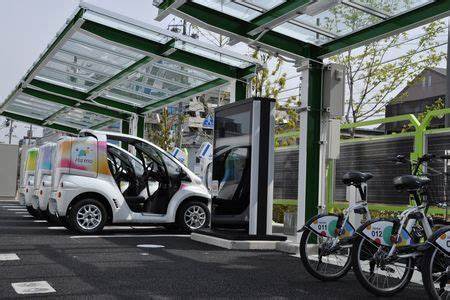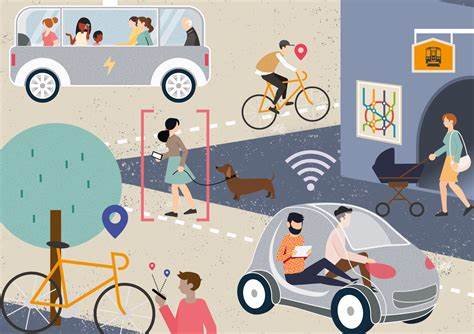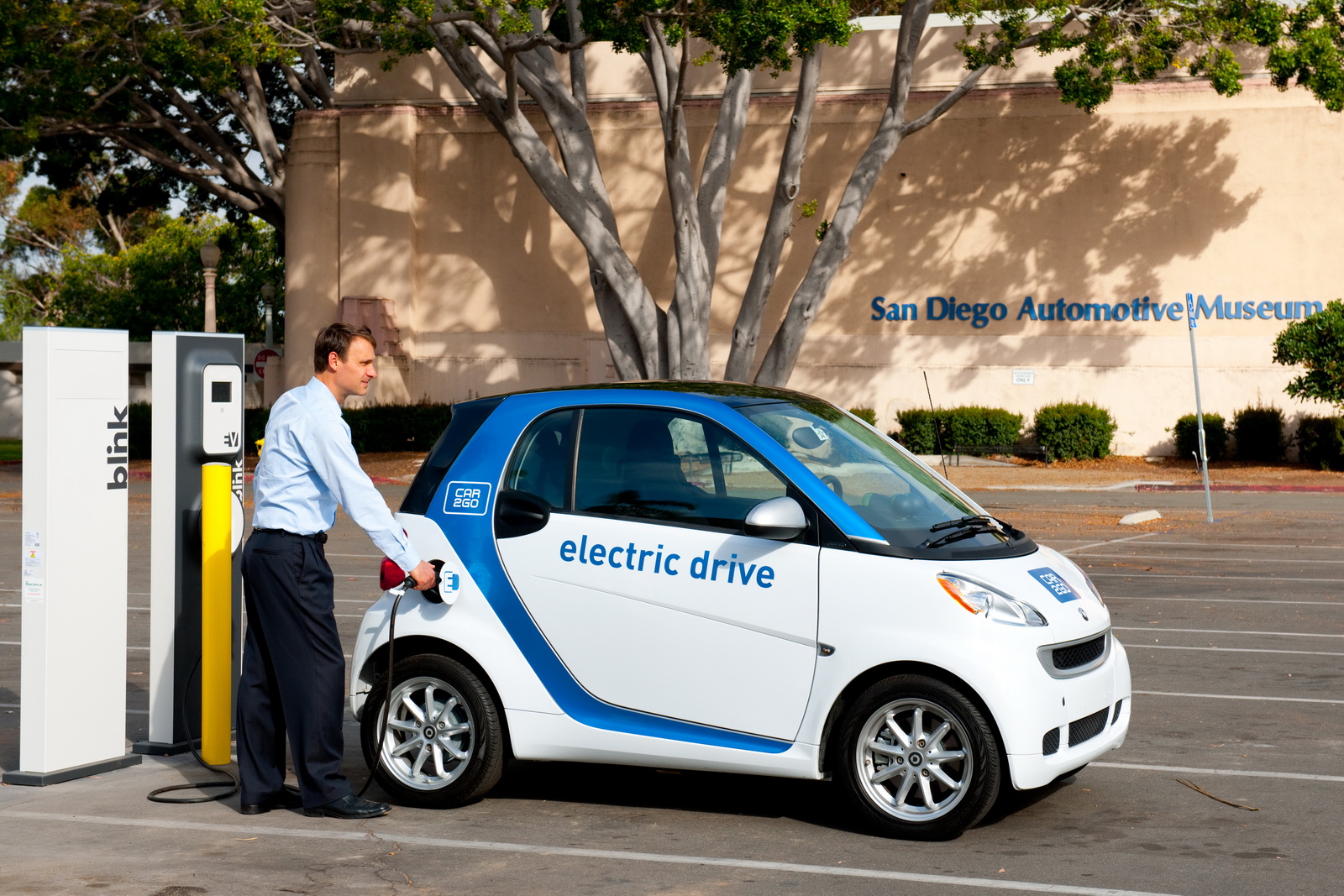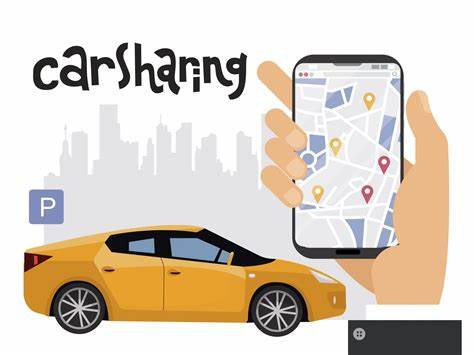
Introduction
Eco Vehicle Car-Sharing has emerged as a crucial aspect of modern urban transportation, offering innovative solutions to the environmental and transportation challenges faced by cities today. This article explores the significance of eco vehicle car-sharing and the benefits it provides in terms of reducing traffic congestion, emissions, and cost savings for users.
Historical Background
The concept of car-sharing has evolved over the years, starting from early models with limited success. However, with advancements in technology and a growing awareness of the need for sustainable transportation solutions, car-sharing initiatives gained traction.
Key Concepts and Definitions
Eco Vehicle Car-Sharing is a system where individuals can access vehicles on a short-term basis, minimizing the need for private car ownership. This section also highlights the challenges faced by cities in terms of mobility and the urgent need for sustainable solutions.
Benefits of Eco Vehicle Car-Sharing
Reduction in traffic congestion and emissions: By encouraging car-sharing, vehicles on the road can be reduced, leading to decreased traffic congestion and lower greenhouse gas emissions.
Cost savings for users: Car-sharing offers a cost-effective alternative to private car ownership, eliminating expenses such as insurance, maintenance, and parking fees.

Increased accessibility and convenience: Car-sharing provides easy access to vehicles, particularly for individuals who don’t own cars, improving accessibility and convenience in urban areas.
Implementation and Models of Eco Vehicle Car-Sharing
Station-based vs free-floating systems: Car-sharing can be implemented using station-based models where vehicles are picked up and dropped off at designated stations or free-floating systems where vehicles can be located and accessed through a mobile app.
Public-private partnerships: Collaborations between car-sharing companies and public transportation agencies have proven successful in integrating car-sharing services with existing public transit networks.
Integration with public transportation: Car-sharing can be seamlessly integrated with public transportation systems, providing users with multi-modal transportation options.
Social and Environmental Impacts
Positive effects on air quality and noise pollution: With fewer cars on the road, eco vehicle car-sharing contributes to improved air quality and reduced noise pollution in urban areas.
Social equity and accessibility considerations: Car-sharing promotes social equity by providing affordable transportation options to individuals who cannot afford private car ownership.

Impact on urban planning and land use: The presence of car-sharing services influences urban planning decisions, leading to the creation of more compact and walkable communities.
Case Studies or Examples
This section presents notable case studies that showcase the successful implementation and impact of eco vehicle car-sharing.
Car2Go: Car2Go’s implementation in cities like Seattle and Berlin has demonstrated the viability and benefits of car-sharing, leading to increased adoption.
Zipcar: Zipcar has expanded its services in urban areas, offering a convenient and sustainable transportation alternative.
Reseau de Transport de la Capitale (RTC) in Quebec City: The integration of car-sharing with public transit, as seen in Quebec City, has improved transportation options for residents.
Current Trends or Developments
Growth of electric and hybrid vehicles in car-sharing fleets: The integration of electric and hybrid vehicles in car-sharing services contributes to reducing emissions and promoting sustainable transportation options.
Integration of car-sharing with ride-sharing and public transportation apps: The integration of car-sharing services with ride-sharing and public transportation apps provides users with seamless and efficient transportation solutions.
Scalability and expansion of car-sharing services globally: Car-sharing services are witnessing significant growth and expansion globally, demonstrating their potential to transform urban transportation.
Challenges or Controversies
Competition with traditional car rental companies: Car-sharing faces competition from traditional car rental companies, which may pose challenges for its widespread adoption.
Parking availability and regulations: The availability of parking spaces and regulations surrounding car-sharing can impact the convenience and accessibility of these services.
Concerns over privacy and data security: Car-sharing services require the collection and storage of user data, raising concerns over privacy and data security.

Future Outlook
Eco Vehicle Car-Sharing is poised to witness increased adoption, driven by its sustainable and cost-effective nature. The integration of autonomous vehicles into car-sharing services and the potential for car-sharing to reshape urban transportation systems offer promising prospects for the future.
Conclusion
Eco Vehicle Car-Sharing plays a crucial role in creating sustainable and efficient cities by reducing traffic congestion, emissions, and providing affordable transportation options. Its potential to reshape urban transportation systems makes it a vital component of future mobility.
References
Academic research papers on car-sharing and mobility in cities
Reports from car-sharing companies and industry organizations
Government publications and policies on sustainable transportation in cities




